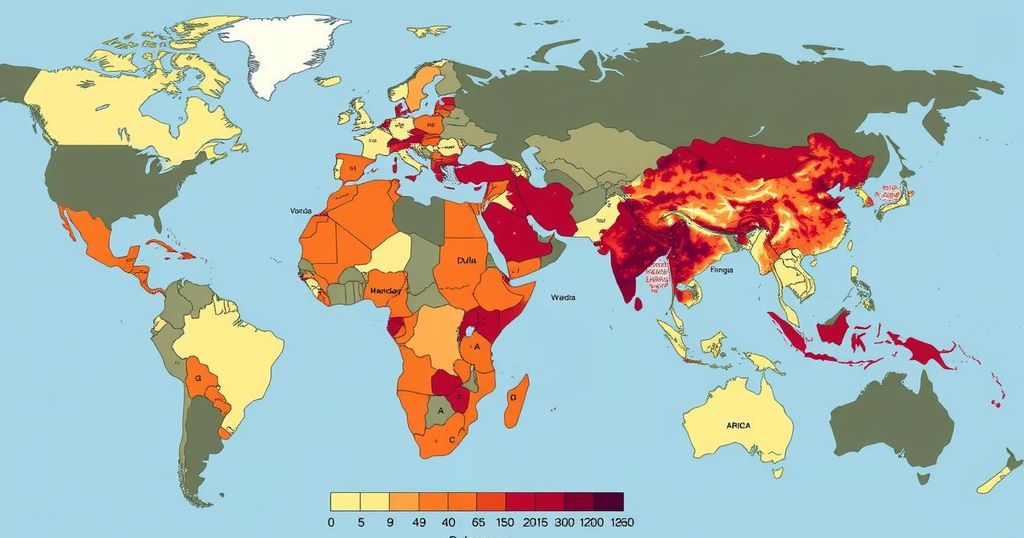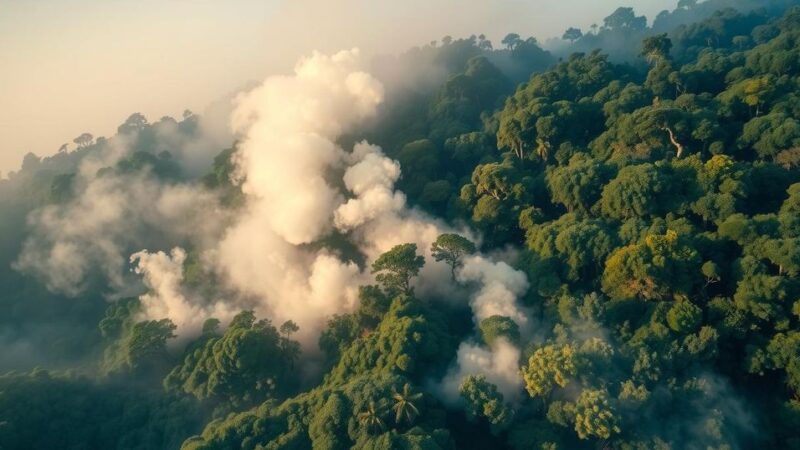The ND-GAIN index from 2021 highlighted varying levels of climate change vulnerability and readiness across Africa, indicating significant disparities in preparedness. This assessment underscores the critical need for targeted climate finance and strategies to mitigate risks and improve resilience among the most at-risk nations.
In 2021, the ND-GAIN index assessed the vulnerability and readiness to climate change across various African nations, revealing significant disparities in preparedness and susceptibility. Factors such as socioeconomic conditions, governance, and environmental health were integral to the index’s evaluations. Countries exhibited a spectrum of performance, with some demonstrating commendable adaptation strategies while others faced heightened climate risks due to inadequate infrastructure and resilience plans. The assessment highlighted the importance of comprehensive climate finance and targeted interventions to bolster readiness and mitigate vulnerability.
Climate change poses a severe threat to African nations, emerging as a significant challenge that exacerbates existing vulnerabilities. The ND-GAIN (National Disaster-Global Adaptation Index) index serves as a tool for evaluating countries’ readiness to adapt to climate change, focusing on their ability to manage risks while emphasizing the socioeconomic factors involved. Understanding the nuances of vulnerability and adaptive readiness is essential for developing effective strategies that can enhance resilience in the face of impending climate crises.
The ND-GAIN index serves as a critical indicator of climate change vulnerability and readiness throughout Africa. The disparities observed among the countries underscore the need for tailored interventions and heightened investments in climate finance. By fostering enhanced preparedness, nations can work towards mitigating risks, protecting vulnerable populations, and securing sustainable futures amid the growing challenges posed by climate change.
Original Source: www.statista.com







